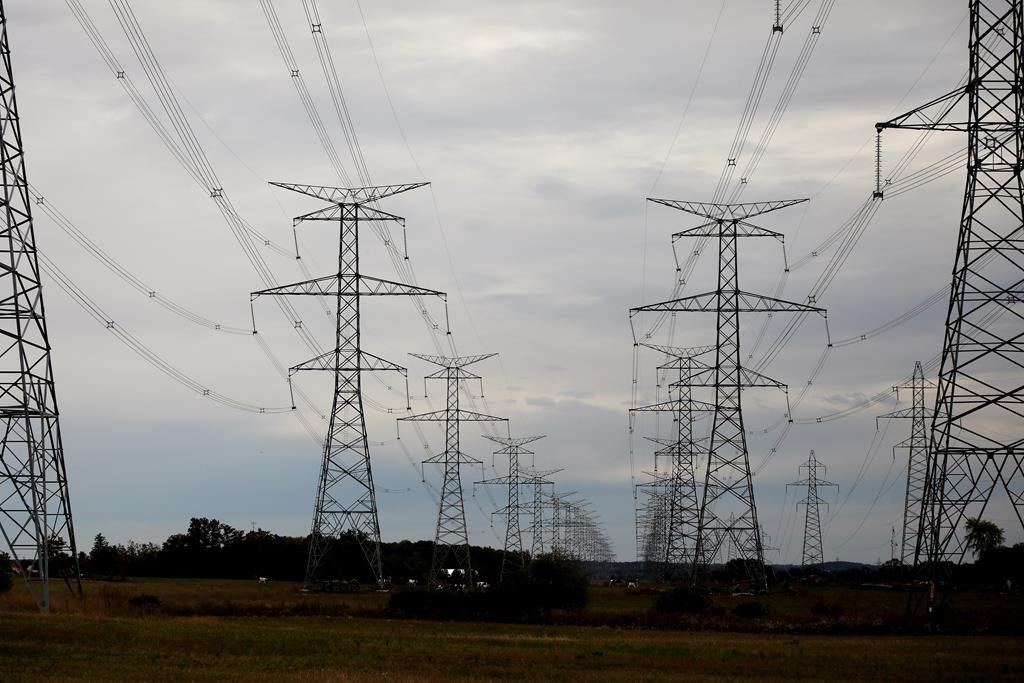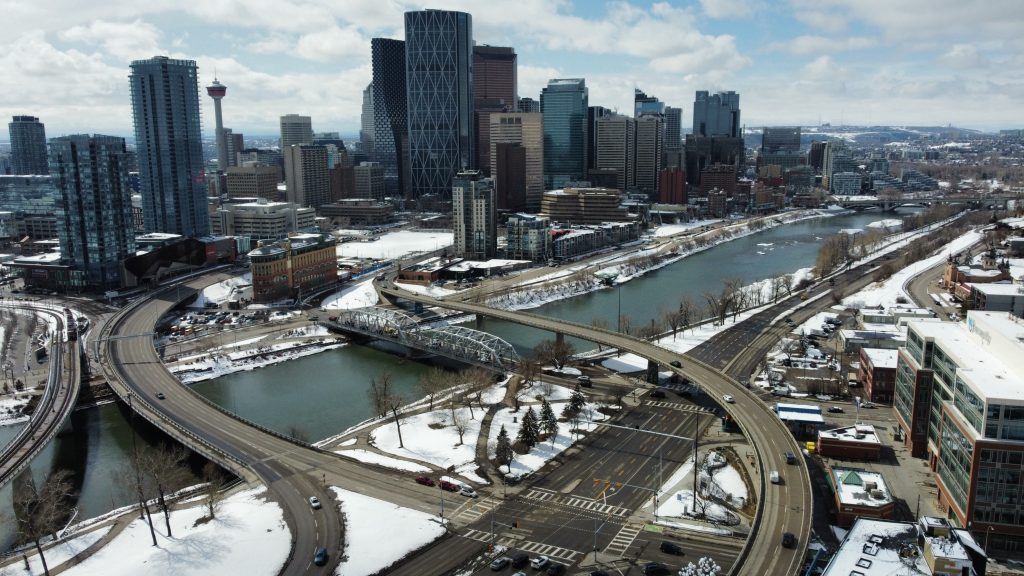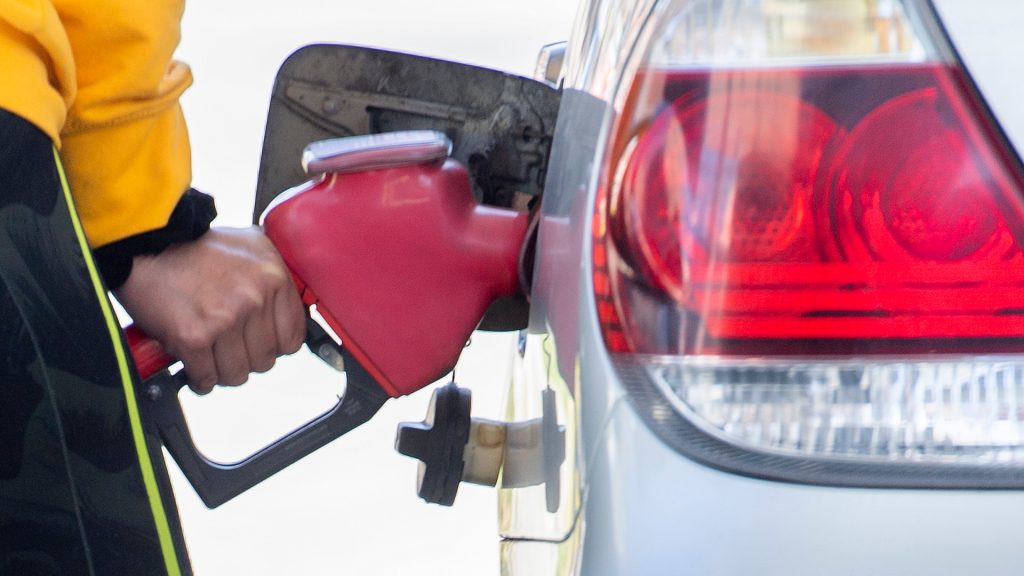Is Alberta’s $300 rebate enough to help you deal with inflation?

Posted Jul 6, 2022 4:21 pm.
Last Updated Jul 7, 2022 9:12 am.
The Alberta government is doubling its electricity rebate to $300 over six months, meaning you’ll receive $50 back on each of your electricity bills July through to December.
But, experts don’t think that rebate will help you deal with inflation and increased electricity costs. Economist Moshe Lander asks why you weren’t just cut a cheque instead.
“It’s a lazy solution. It’s a solution that means all you have to do is go back to the legislation and do a global search and replace for a hundred fifty with the number three hundred,” he told CityNews.
“That’s not really solving the problem, because we’re experiencing inflation in a lot of other places. We’re seeing it at the gas pumps, we’re seeing it at the grocery store, we’re seeing it in higher rents. So, to merely say, ‘hey, here’s some credit against your electricity bill,’ that only matters if that’s the only source of where’s the inflation is coming from.”
Lander explains people are experiencing inflation on a variety of bills and purchases.
“The solution is that if people are really suffering from inflation from a variety of sources then the easiest thing to do is cut people a cheque. Let them spend it where they want to spend it, how they want to spend it,” he added.
“Or even better still, just tell people that they can defer their taxes. So, you still have to pay the government, you shouldn’t have to pay them today — you can pay them next month, next year, whenever the government decides they want to collect it. It’s still the government’s money, it’s just they’re just allowing you to hold on to it right now so you can meet your payments.”
The government excepts around 1.9 million homes, farms, and small businesses to be eligible for the rebate. To qualify, you must have consumed under 250 megawatt hours of electricity last year.
“We are doubling the electricity rebate to help reduce the financial burden that many families in Alberta are dealing with due to the rising cost of living,” Dale Nally, Associate Minister of Natural Gas and Electricity, said in a statement.
“This move will help millions of families and business owners pay their bills and keep their lights on while we continue working to build a stronger, more affordable long-term electricity system.”
While the program would have initially cost $300-million to run, it will now cost $600-million.
“On the surface it seems great, you get a little off that bill, but what we know is this is highly ineffective in terms of actually addressing the real economic crisis that’s happening right now for people who live in poverty,” said Meaghon Reid, Executive Director of Vibrant Communities Calgary.
She explained that people need help staying afloat, and this sort of measure doesn’t really do that.
“$300 over six months sounds good, but $300 over six months does not even come close to addressing what is needed for people that live in poverty right now,” Reid added.
“$300 might be offsetting one bill for people so they can buy food for their family that week, that’s how desperate this situation is. So, we really need to look at that $300 in context, particularly when it comes to people who live in poverty.”
READ MORE:
-
Alberta regulated electricity rates going up
-
Alberta natural gas rebate to take effect on utility bills in October
-
Word on more inflation support could come next week: Kenney
The Alberta NDP suggest going back to the rate cap introduced when they were in power.
“Albertans need immediate support to help make ends meet. An NDP government would reverse the UCP’s income tax hikes, inflation proof benefits, slash parks fees, reinvest in post-secondary, and reinstate a cap on auto insurance,” said NDP Energy Critic Kathleen Ganley in a statement.
“The UCP has increased income taxes, property taxes, tuition, park fees, and car insurance.
Meantime, the government also plans to enact a natural gas rebate program from October through to March 2023 which will go into effect if prices stay high.
Last week, Alberta announced it had a $3.9-billion surplus for the 2021/22 fiscal year, despite having initially anticipated a deficit of over $18-billion.








